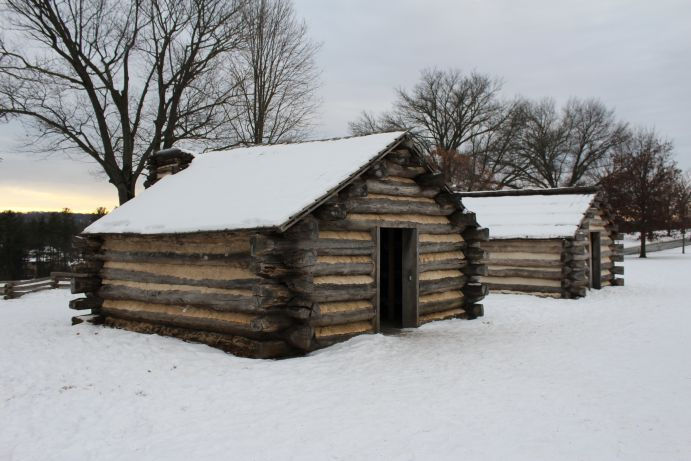What About Indigenous Agriculture?
- Anneliese Abbott

- Oct 9, 2023
- 2 min read

When I first started collecting oral histories in 2021, one of the most frequent questions I received was, “Why aren’t you writing about Indigenous or Native American agriculture?” Without exception, the people asking this question were not Indigenous.
I would have liked to add some Indigenous voices to my oral history collection. But no Indigenous person has yet approached me with interest in participating in this research project. Several people mentioned Indigenous agriculture and even specific organizations as influential in my survey, but without exception none of them provided any contact information.
I decided to ask UW’s Tribal Relations Liaison, Aaron Bird Bear, if he might be able to connect me with agricultural leaders from Wisconsin’s largest tribes, like the Ho-Chunk and Menominee. He explained that it was unlikely that anyone would want to do an oral history with me, because “Many Indigenous folk are very very hesitant (including me!) to be recorded for a variety of reasons - don’t want to be seen as “the authority” in an area where many have knowledge - especially if the recordings are publicly accessible.”
Aaron further explained that I needed to consider “US Indian Policies of Reservation, Assimilation, and Termination and how they impacted Native American’s ability to contribute to organic farming practices.” When American Indians were forced onto reservations outside of their homelands, they often lost their traditional farming practices and even their seeds, which didn’t always grow in the new climate and poorer soils. The US government policy of Assimilation, which lasted until 1975, attempted to “purposefully eradicate Native American knowledge, language, and culture from planet earth by criminalizing Native American language and cultural practices.” Many Native American children were forcefully removed from their families and put in boarding schools, where they were punished for speaking in their native languages.
Aaron made sure to emphasize that, despite this tragic history, much knowledge still survived. But many Indigenous people are reluctant to share their traditional knowledge with outsiders because white researchers have a history of going into Native American communities, trying to learn as much about their traditions and beliefs as possible, and then taking that knowledge without helping those communities at all.
Another reason that many Indigenous people hesitate to share their knowledge is that many white people are more interested in the religious ceremonies associated with Indigenous agriculture than with the agriculture itself. This is especially common from people who identify as “spiritual, but not religious” and like to piece together a patchwork of rituals drawn from various religions without fully understanding their cultural context and deeper significance. This disrespectful treatment of their most sacred rituals has made many Indigenous people hesitant about allowing curious outsiders to watch their ceremonies.
So why am I not writing about Indigenous agriculture? Simply because I have not received permission to do so from any Indigenous people. I do not want to appropriate their religion or culture. At any point, if Indigenous people tell me they would like to be part of this research project, I will be happy to include their voices. But for now, I respect their desire to not participate.



Comments